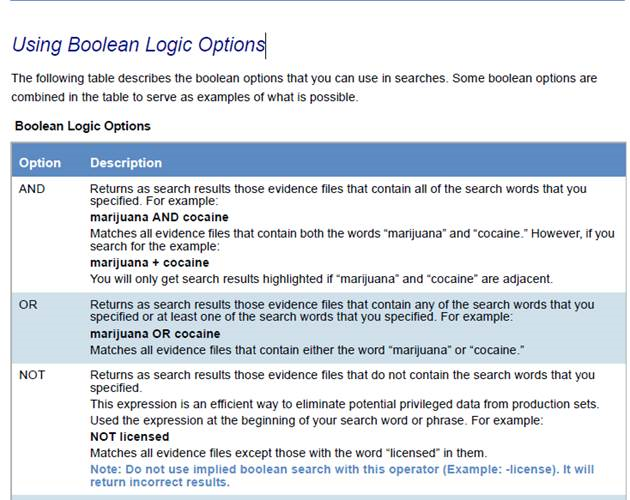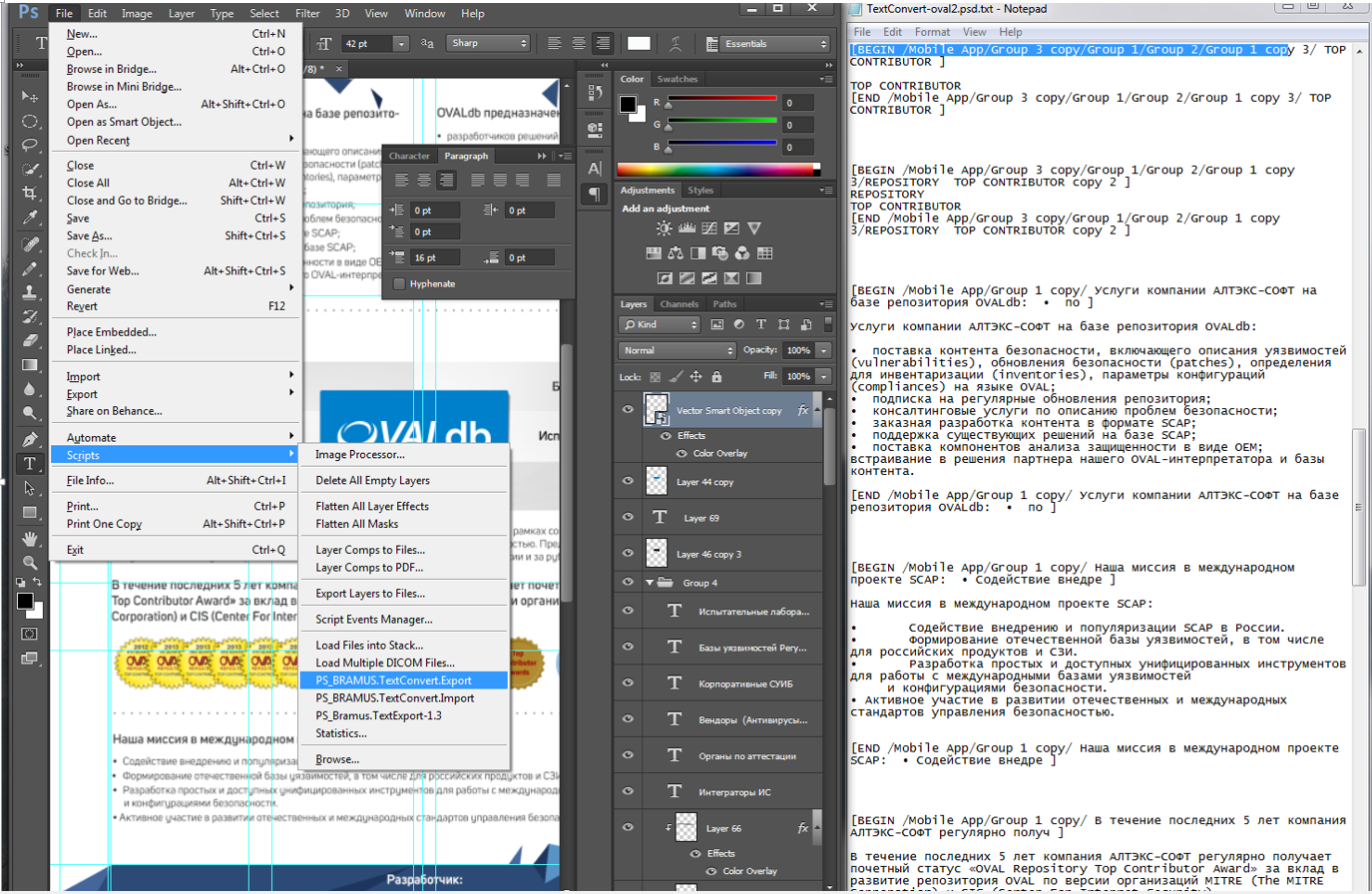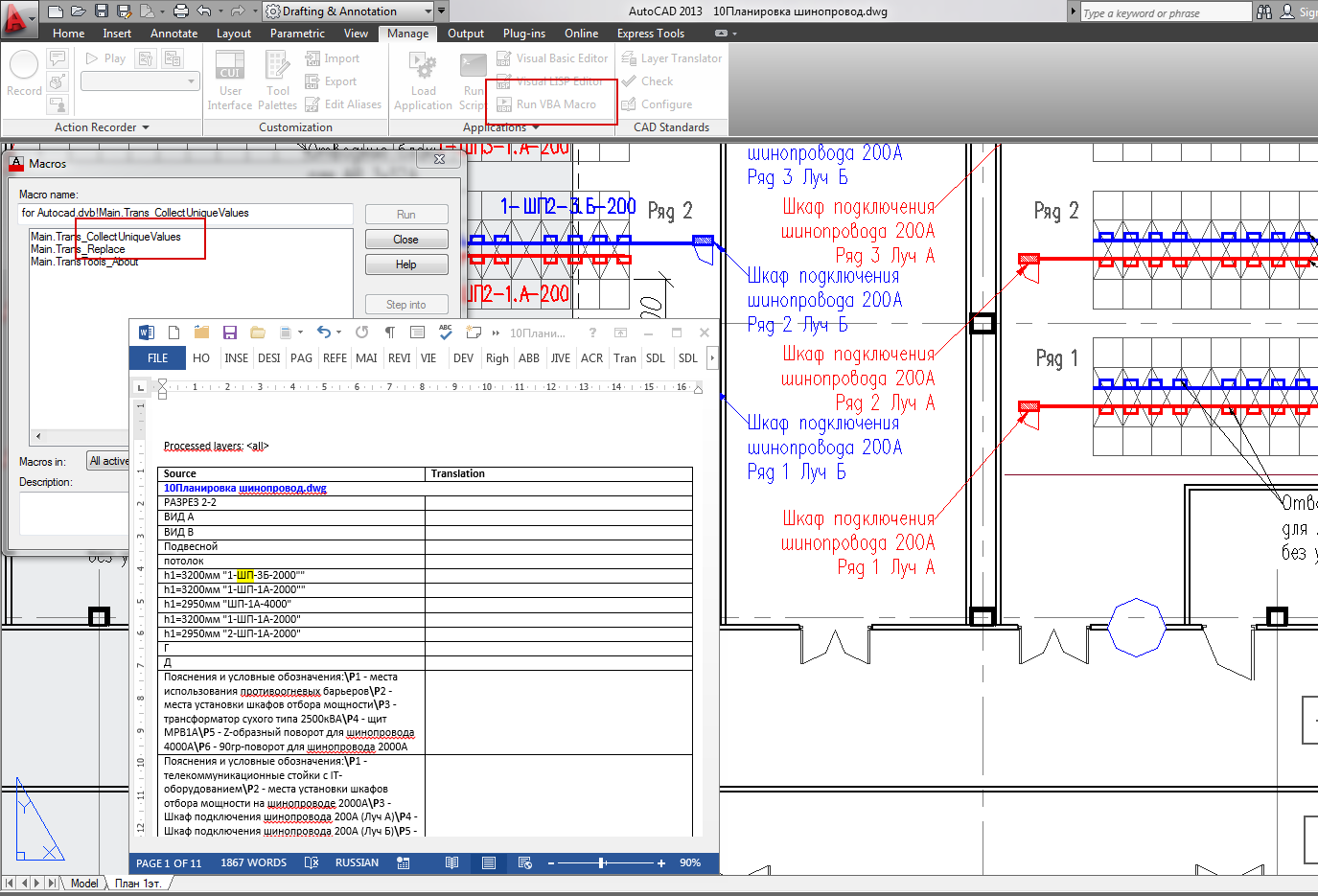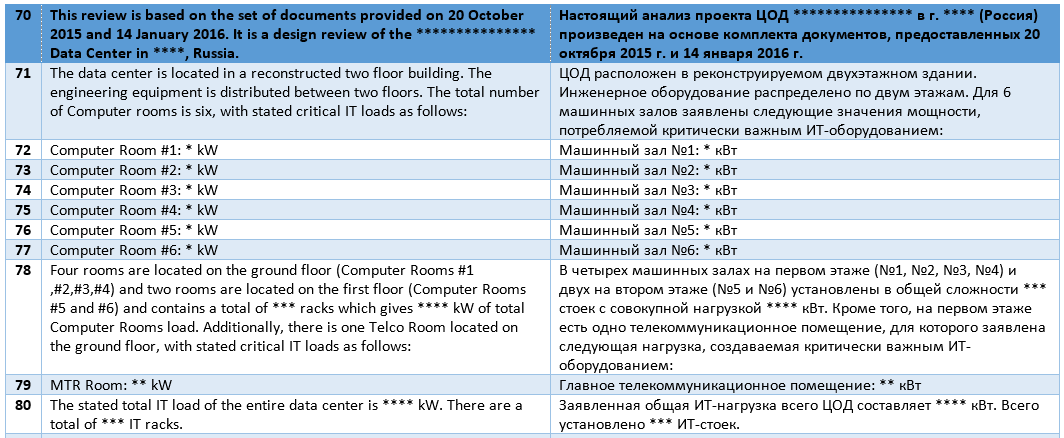How does the language support service for 1237 Russian IT engineers work, and how does this differ from conventional translation?
The end of the negotiations, the Englishman (from our partners) is timidly interested in me:
- Well, is the customer satisfied?
- I think everything seems to have gone well.
- Why did they always call me an idiot?
“Mmm ... you weren't called an idiot, sir.”
- "Goes", I myself heard, - he repeats to me. - Many times for this meeting!
It turned out that he had heard many times the phrases “everything goes according to plan”, “Thomas and so goes to meet us,” and the like.
About ten years ago, our engineer was late for a plane at a US airport and was able to fax us only a ticket stub (then there was no electronic one). We translated his rights and obligations, found the airline’s representative office on the airport’s website and answered the engineer with instructions on what to do, plus the text of the statement. Last month, a customer from Spain asked Habrapost about the cat on video surveillance, but I didn’t understand much from the Google translator - we did a quick translation (not for publication), and he figured it out.
“We need a sober translator! In the sense of a sober-minded technical language "- quite a frequent request to us. Our engineers regularly need documentation in Russian, often - consecutive or simultaneous interpretation at negotiations, training courses, presentations of partners and much more.

Sometimes we get this kind of encryption.
')
It all started twenty years ago, in 1996, when we were the only Compaq distributor in Russia. Nobody bothered to translate the documentation to the servers, but we translated, and it really helped sell. Since then, both the business has grown and new tasks have appeared, so that in 2016 we are already 6 people in a team. Engineering translation, of course, is not the same as the usual one: the tasks and requirements for accuracy are completely different. Come, tell the details and a couple of curiosities.
What are we doing
1. Legal translation, as one of the customers said:
"Quality is not important, the main thing is the essence."
Supplies of hardware and software are a huge pile of documents. Everything begins, as a rule, with a non-disclosure agreement (NDA), then - documents on trial operation, a partnership agreement, SLA, and so on. We have a standard - any documents must be signed in Russian (that is, a signed Russian translation is required to the English contract, and they are signed as one document). Large vendors, such as Microsoft, Cisco, SAP, rarely agree to make changes to their standard contracts and EULA, so our lawyers need to know exactly what the company subscribes to. Therefore, it is extremely important to get exactly, then later - beautiful.
As for the same NDA, the contractors already signed 200, and each time the text is different, really every time.
2. Technical translation
“The translation bureau in the USA translated 3 brochures (in the attachment) into Russian, I beg you to help (not an urgent matter) in checking in terms of the correctness of the translation as specialists in this matter”
Instructions, specifications, various technical articles, letters from partners and colleagues - all this needs to be very accurately translated so that our engineers can safely implement anywhere and in any way. Yes, at IBM, for example, I am sure that English is even spoken within the company in the Russian representative office, but we have many engineers who can either speak English at a basic conversational level, or not at all know German, Spanish, Chinese and other languages. Therefore, we need. We translate and verify that everything is accurate. Sometimes we find errors in the source code.
For foreign projects, instructions are often written in Russian, and then translated. For example, we often “fold” the text to the point. That is, we first translate from Russian into Russian, and then only into English. A couple of examples:
Source code : Development of an information system designed to automate the activities of an arbitration court in terms of creating and using an electronic repository of documents constituting arbitration cases.
Became : Creating an electronic repository for documents of the arbitration court.
Translation : Developing an e-document repository for a state arbitration court.
Source : Notification is carried out using a different time frame, depending on the level of importance assigned to the request.
Now : The frequency of notifications depends on the importance of the request.
Translation : A notice frequency depends on request priority.
Technical translation has a number of features related to the need to clearly understand how and what works, to know physics, circuitry, and so on. Our team has four linguists by education, two are engineers. Those who are initially engineers do not support verbal negotiations (work with text), and those who are linguists, although they have extensive experience, often work more slowly with instructions. On the other hand, we have a huge advantage: most often the author is at hand, and you can ask what he had in mind.
Or, for example, the case: HD Wi-Fi for the stadium in Krasnodar is not a high definition, but high density, high-density Wi-Fi. And in servers, for example, HD is a high density chassis, that is, a chassis with a high density of mounting internal components.
Here there would be difficulties with the official coordination of documentation, I had to switch to "flies and cutlets":

3. Training materials
"Nid help) Translate pliz on XXX answers for VC pliz"
Online training courses, articles from foreign expert blogs, webinars and other similar materials are very necessary for our engineers. Features are almost the same as in the technical translation, but there are a lot of voices. Here is what happens, for example:

This is the decrypted text “as is”, that is, not cleared of a ton of interjections, which, of course, need to be deleted before the transfer. And we still need to double-check the results of computerized conversion of speech into text. For example, the program recognized this way: “find the store in specific notes”. But in reality it was “files are stored at specific nodes”.
4. Marketing materials
“It all depends on the skill of the reader! Any fool can translate, but correctly read is an art! ”
Presentations, promo videos and everything else. Here we must first beautiful and clear, then for sure. Therefore, it often turns out that you need to find out what the person wanted to say, and only then do the translation. Verbatim in presentations, for example, does not help much.
5. Speech in real time
"You do not translate, just say it literally."
Our guys often go to negotiations, very often foreign experts come to us. In recent years, there have been many videoconferences with the participation of foreigners, and there it is: when there is at least one English partner, the team speaks its language.
Our name is either to translate directly, or to insure. For example, the lead engineer knows French in the school curriculum, but sometimes asks in a whisper what the colleague has now issued. We explain.
We are also the second line of call center support, some calls are falling on us.
Once transferred to hazardous conditions. We started in the server room, where the thermoregulation system failed, and the temperature went down dramatically, right up to the frost (given the strong wind in the cold corridor). The German specialist was excellent, but he smoked a lot. As a result, we spent 6 hours, moving from an icy server to a stuffy smoking room (it was necessary to translate there as well), a test, considering that I do not smoke.
At the negotiations on the agreement with the Italian "daughter" of one of the major Russian telecom operators, the Italians constantly referred to "boring people". Because of the strong accent, I could not understand exactly who it was (drilling or drilling was clearly nothing to do with it), but it was clear that these were the ones with whom the contract needed to be agreed, so for two hours I somehow dodged. In the end, I could not stand it and asked, what was the “boring people”? The answer is: well, all these boring people are lawyers, accountants who only slow down the process. Come to us, and we will quickly coordinate everything in an informal setting. These are the Italians.
6. Miscellaneous
“Documents signed on our part will be signed on our side approximately in the first half of Wednesday.”
Tickets, pieces of interfaces, penalty tickets for speeding, bibliographies, programs for dentists at the conference (where they work out operations on cadavers) and so on - everyone in the company knows that if he has a linguistic plug, you can refer to us. And every day surprises. Then the library needs to be translated, the page is turned over by a scanner, a special forklift truck is to be moved through customs, then colleagues ask what the name of the X-ray machine for forty-foot containers is, and so on. I remember that for one office the estimates for finishing work were translated. Three different contractors - and each has its own terminology, one raised floor calls the raised floor, the other - false floor, the third - inserted floor.
Once I was asked to meet at Sheremetyevo two Spanish engineers who were carrying a talking robot to help them with customs. Unfortunately, that robot did not reach us, and my help was not needed, but the request did not surprise. And before returning from the Netherlands, where I verbally translated courses for our engineers servicing diesel rotary UPSs (DRUPS), I was asked to bring a few dozen graphite brushes for drups in our data center in Moscow (we use brushes). Thank God, there were no questions for the Dutch customs officers.
As arranged
Our team can speak English both ways. French, Spanish, German - only in Russian, back - their carriers are outsourced. Other languages (most often Turkish) - we hire a contractor.
Preparation takes a lot of time. Especially before the negotiations, you will not be 100% prepared there, but you still need to know the subject thoroughly. Therefore, before starting the translation or prior to departure, we very carefully study the contract, project documentation, discuss several times with the engineers what and how will be on the subject, we check all estimates to automatism. We are always assigned an expert engineer who can answer difficult questions.
When the meeting is not strictly protocol, that is, indulgence - you can always ask a clarifying question. I highly recommend everyone to do this if there is even the slightest risk of misunderstanding.
We study every day. Today, the qualification allows you to correct errors in the texts and catch the authors by the hand even on the source code. Anyone can make a mistake, for example, it is often not there to put a comma in a legal formulation or estimate. Or gigabyte with gigabit confuse - a typical situation for documentation. We look - something is not right, we recount. This is a special property - to see in the written text is not what should be, but what really is.
Quite a lot of documents come in non-text formats. The simplest is PDF, there are also Visio, various CAD, architectural software, graphics, video. We try our best to automate the export-import of text with macros and scripts (in case of emergency, there are hands and OCR).


A glossary is compiled where translators add terms as the project progresses. For this we use MS OneNote. All changes in real time are visible and editable at once to all members of the working group.

Before saving the file in the target format, say XML, the translation is first unloaded into a bilingual table for verification. The first version of the engineer is shown, for example, like this:

It is very convenient for him - he sees the source code and understands whether everything is like that. If everything is so, then an analogue of their document is made, but in Russian.
There are no uniform rules. For example, with regard to the translation of units of measurement - the thread in inches is usually not touched. "1 unit in the rack" is also not translated into SI. But miles, Fahrenheit and pints - necessarily. Regarding abbreviations, if possible we try to disclose those entered by the author (it often happens that he designates it once at the beginning and uses it once after 10 pages). In such cases, it is easier not to introduce a reduction in general for the Russian reader. If the abbreviation is often used - usually leave. So far, the first place in the draft on perceptiveness takes the phrase:
"MESA in the data center should contain the following modules: a control module that provides control of all components of MEWS LAN data center EIS, ..."
There are a lot of similar documents, for example, once a quarter we pay bills from Amazon. They send in HTML or PDF - each report contains 40 pages of services rendered. Such a document is translated once, then only the modified part is automatically located. Sometimes it is just the amount, month and date. Sometimes - some sub-points. In general, these 40 pages take no more than an hour. All the scripts from recognition to this construction of diffs and translation of identical places are integrated by our colleagues, we ourselves do not program.
Often there are difficulties with sex in translation. For example, in the conference program there is a speaker named Jean, we think that this pepper is called Jean, and according to the description of the book on Ozone it turns out that this is a lady with the name Jean. We must look, ask. While you are not looking at the portrait, you will not understand. And with a portrait, not even always. Norwegians have names. The Japanese - it is not clear often where the name, where the name. Here we have a simple trick: we search on Wikipedia and see what happens more often.
With addresses, we are often asked why Luzhnetskaya Naberezhnaya, and not Luzhnetskaya Embankment. It's simple: toponyms are transliterated, so Krasnaya Ploschad, not Red Square, is therefore. This is done to ensure that a foreigner in the subway was able to exit the Russian ad and that when the counterparty wrote the address, our Russian postman delivered it.
Sometimes there are really gaps in legal documents. Often you have to go to the "Consultant Plus". For example, you need to translate into English "to fulfill the project by your dependency." First you need from Russian to Russian. It turns out that according to the standard, this means that “using our own resources, materials and people”.
There is also Hochma: “How many variants of English do you know?”. Kitayglish, Hindish English, and Dutchg are separate songs. The Germans are the worst - they consider all legal documents through their civil code. Even the relationship between the employer and the employee - there are all tied to their canons, nowhere else is this. In everyday life, however, German English is close to the Russian pitch. We mock at them among themselves, but gently, we understand - they give us bread.
Our credo is that every translator is as good as his last translation. You can slip in the most unexpected places. Once they made an offer for supplies for the FSB - they looked at us under a microscope. The guys are very good at reading.
Links
PS And yes, on the top picture SH. and MH. - This is Sarjana Hukum and Magister Hukum in Indonesian (Bachelor and Master of Laws, respectively), and DFM is already in English - Diploma in Forensic Medicine, that is, a diploma in forensic medicine.
Source: https://habr.com/ru/post/319196/
All Articles